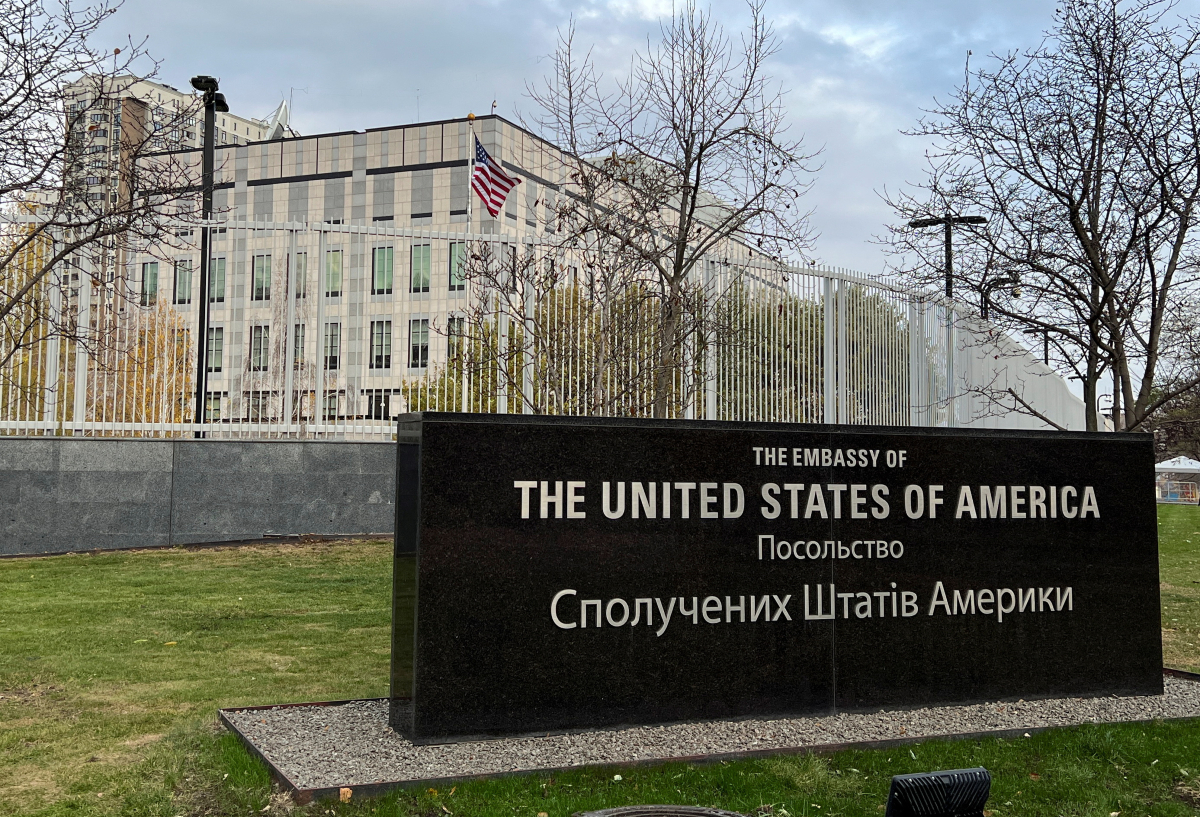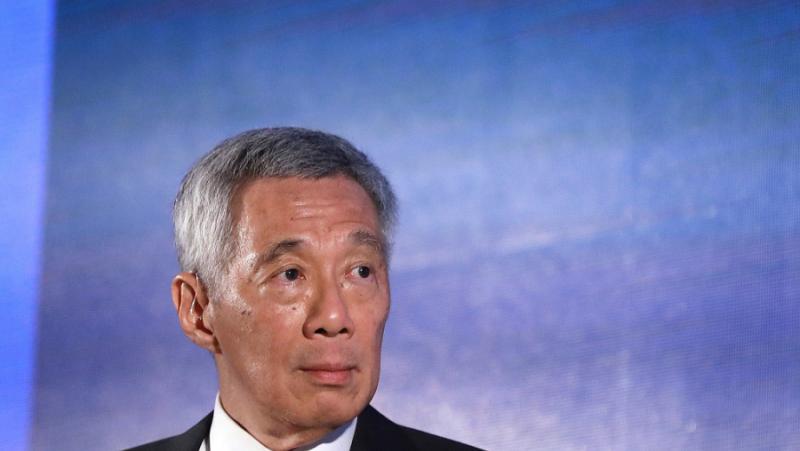Table of Contents
- 1 Putin’s new threats
- 2 “Russia will not back down”
- 3 Guest 2: I concur with Guest 1. The provision of long-range missiles not only strengthens Ukraine’s military position but also signals NATO’s willingness to take a more active role in the conflict. On the other hand, we must tread carefully, as introducing more advanced weaponry could provoke a tit-for-tat escalation with Russia. This places additional pressure on NATO to balance support for Ukraine with avoiding a direct confrontation with Russia, which could have far-reaching consequences for international security.
The US expects its embassy in Kiev to be back to normal as of tomorrow, Thursday, November 21. The embassy remained closed today, Wednesday, November 20, due to a threat to its security, State Department spokesman Matthew Miller said.
The embassy was closed on Wednesday morning. While, the employees were instructed to seek safe shelter. The order came a day after Ukrainian forces used US ATACMS missiles to strike a target inside Russian territory. Moscow called this blow “escalation» of the war.
Russia has been warning the West for months that if Washington allows Kiev to use US, British and French missiles against targets deep inside Russian territory, then those NATO countries will be seen as directly involved in the war in Ukraine.
Putin’s new threats
Ukraine’s strikes deep inside Russia, facilitated by NATO, will not go unpunished, Russia’s foreign intelligence chief Sergei Naryskin said Wednesday, according to state news agency RIA.
It is recalled that American long-range ATACMS missiles hit Russian territory on Tuesday, after US President Joe Biden gave the green light for their use by Ukrainian forces.
At the same time, following Vladimir Putin’s approval of Russia’s updated nuclear doctrine, under which Moscow could consider using nuclear weapons, the US, followed by Greece and Spain, closed their embassies in Kiev under fear of air attack.
“Russia will not back down”
Russian diplomats say the crisis now between Moscow and Washington is comparable to the 1962 Cuban Missile Crisis, when the two Cold War superpowers came closer than ever to a voluntary nuclear war, and note that the West is wrong to believes that Russia will back down on Ukraine.
The Kremlin has announced that Russia views nuclear weapons as a deterrent and that its updated nuclear doctrine is intended to make it clear to potential enemies that it is inevitable that it will retaliate if they attack Russia.
Today, Peskov told Russia’s RIA news agency that the West is seeking to inflict a strategic defeat on Russia by allowing Kiev to strike targets deep inside Russian territory with US-made weapons.
“And of course they use Ukraine as a tool in their hands to achieve these goals,” Peskov noted.
#Kyiv #embassy #resume #normal #operations #Thursday
Guest 2: I concur with Guest 1. The provision of long-range missiles not only strengthens Ukraine’s military position but also signals NATO’s willingness to take a more active role in the conflict. On the other hand, we must tread carefully, as introducing more advanced weaponry could provoke a tit-for-tat escalation with Russia. This places additional pressure on NATO to balance support for Ukraine with avoiding a direct confrontation with Russia, which could have far-reaching consequences for international security.
Interviewers: Anna Johnson and Jack Smith
Anna Johnson: Good afternoon, everyone. I am Anna Johnson, Editor-in-Chief of World Today News, and today we have two special guests to discuss the recent developments surrounding the US Embassy in Kyiv and the potential threats to its security. Thank you both for joining us today.
Guest 1: You’re welcome. Thank you for having me.
Guest 2: The pleasure is mine.
Anna Johnson: Let’s start with the recent announcement from the US State Department that the embassy in Kyiv is expected to resume its normal operations as of tomorrow, Thursday, November 21. How significant is this development? What does this mean for relations between the US and Ukraine?
Guest 1: This is certainly a positive development, as the embassy’s closure was a result of the security threat to its employees. The resumption of normal operations suggests that the threat has been mitigated, and the US remains committed to supporting Ukraine in its conflict with Russia. However, it should be noted that the war continues to rage on, and there is still a great deal of uncertainty surrounding the situation. This could indicate a continued effort on the part of the US to maintain a presence in Ukraine while also attempting to deescalate tensions with Russia.
Guest 2: I agree with Guest 1’s assessment. The closure of the embassy was a clear indication of the seriousness of the security threat, and the decision to reopen it is a sign of confidence in the Ukrainian government’s ability to provide adequate protection for US personnel. However, it’s important to note that the ongoing conflict in Ukraine remains a source of concern for both regional and global powers. The resumption of embassy operations alone may not substantially impact the relationship between the US and Ukraine, as both countries continue to navigate a complex geopolitical landscape.
Anna Johnson: Absolutely. Now, let’s discuss the role that NATO and other Western countries have played in enabling Ukraine’s use of US-made long-range missiles. How significant is this development in the context of the conflict? And what does it mean for the potential escalation of the war?
Guest 1: The use of US-made


